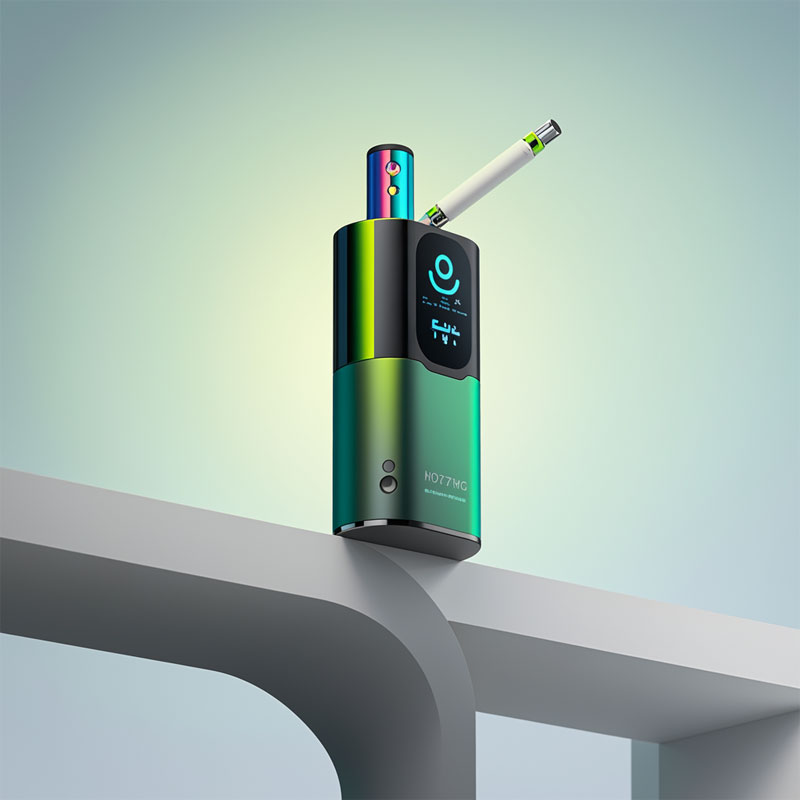
The landscape of e-cigarettes in Israel presents a fascinating mix of modern consumer trends and strict regulations. E-cigarettes, often referred to as vape pens or electronic nicotine delivery systems, have surged in popularity worldwide, including in Israel. With increasing awareness of the health implications of traditional tobacco smoking, individuals are exploring e-cigarettes as an alternative. As such, understanding the evolving e cigarette market in Israel is crucial for consumers and industry stakeholders alike.
Popularity Amongst Israeli Youth
The adoption of e-cigarettes has been notably high among Israeli youth. A significant factor contributing to their popularity is the modern appeal of vaping culture, often perceived as a less harmful alternative to traditional smoking. This trend among young people is raising questions and concerns about nicotine addiction.
Marketing and Social Influences
Marketing strategies employed by manufacturers play a vital role. With catchy advertisements and sponsorships, e cigarettes israel brands are leveraging social media platforms to target younger audiences. The influence extends to flavored e-liquids, which entice beginners with an array of exotic tastes.
Government Regulations and Restrictions
Despite their growing popularity, e-cigarettes in Israel are subject to robust regulatory measures. Israeli health authorities actively address the potential risks associated with vaping. Restrictions include comprehensive advertising bans, strict sales regulations, and age limitations to protect minors from premature exposure to nicotine products. These efforts align with global health recommendations to manage vaping’s potential public health implications.
Importantly, from 2019 onwards, Israel implemented significant laws that require labeling warnings similar to those found on traditional tobacco products, highlighting the potential health risks. The regulations also include tax policy revisions to ensure e-cigarettes are not marketed as a cheaper alternative.
Current Research and Findings
Ongoing studies aim to unravel the long-term health impacts of e-cigarette usage. Research institutes in Israel are collaborating on international studies to better understand how vaping affects respiratory systems and contributes to potential addiction pathways. Attention is given to analyzing substances in e-liquids and their effect on consumers over extended periods.

Another aspect under study is the environmental impact, specifically the disposal of e-cigarette cartridges and batteries. Efforts are underway to develop eco-friendly solutions to decrease ecological footprints.
Enforcement of E-Cigarette Laws
Law enforcement in Israel continues to challenge illegal trade practices among e-cigarette vendors. Regular inspections and increased penalties for non-compliance are part of the strategy to ensure safe consumption practices. These initiatives aim to strengthen consumer protection and uphold industry standards.
As the global landscape of tobacco replacement devices evolves, Israel remains vigilant about its policies to balance public health with consumer choice. The ongoing discussions about policy improvements signify an adaptive stance towards potential future challenges in the vaping sector.
Frequently Asked Questions
Q: Are e-cigarettes completely safe?
A: While e-cigarettes may be safer than traditional cigarettes, they still pose health risks, particularly concerning nicotine addiction and respiratory issues. It is essential to consider these factors before usage.
Q: Can minors legally purchase e-cigarettes in Israel?
A: No, minors cannot legally purchase e-cigarettes. Israeli law prohibits selling nicotine products to individuals under 18 years of age.
What flavors are available?


Manufacturers offer a diverse range of flavors including fruit, mint, and dessert flavors, designed to appeal to various preferences. However, flavored e-liquids have been scrutinized due to their attraction to youth.
